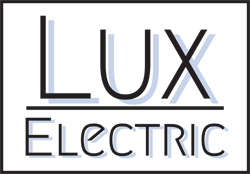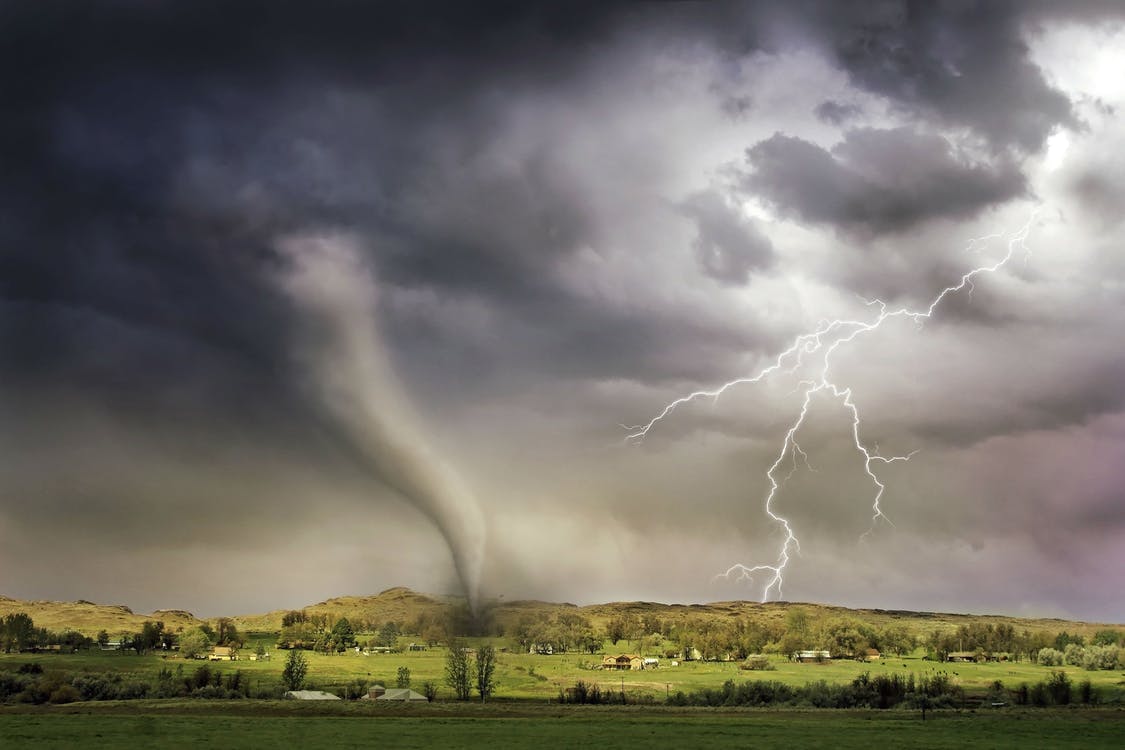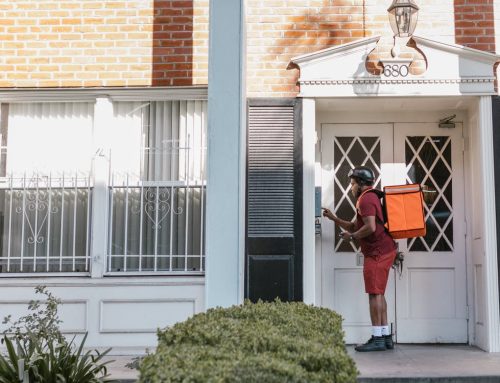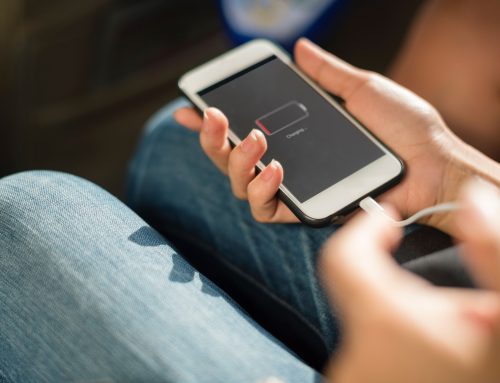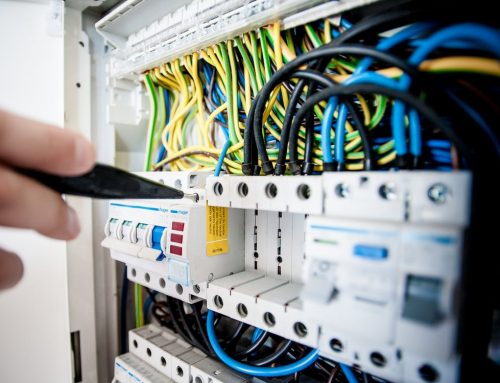Spring has arrived here in Iowa, and as we all know, it often times brings severe weather along with it! During this season you might be seeing many of our weather providers encouraging us to get prepared for the severe weather that could be heading our way. Lux Electric would like to take this opportunity to provide you with some information specific to potential electrical hazards so that you can be better prepared.
Prepare Ahead of Time
Assembling storm readiness kits ahead of time that include battery-operated flashlights, water, and a list of important contacts is a good place to start. Always include your electric provider on that list so you can notify them of an outage or stay up to date on when they will be in your area to restore power if it is lost. 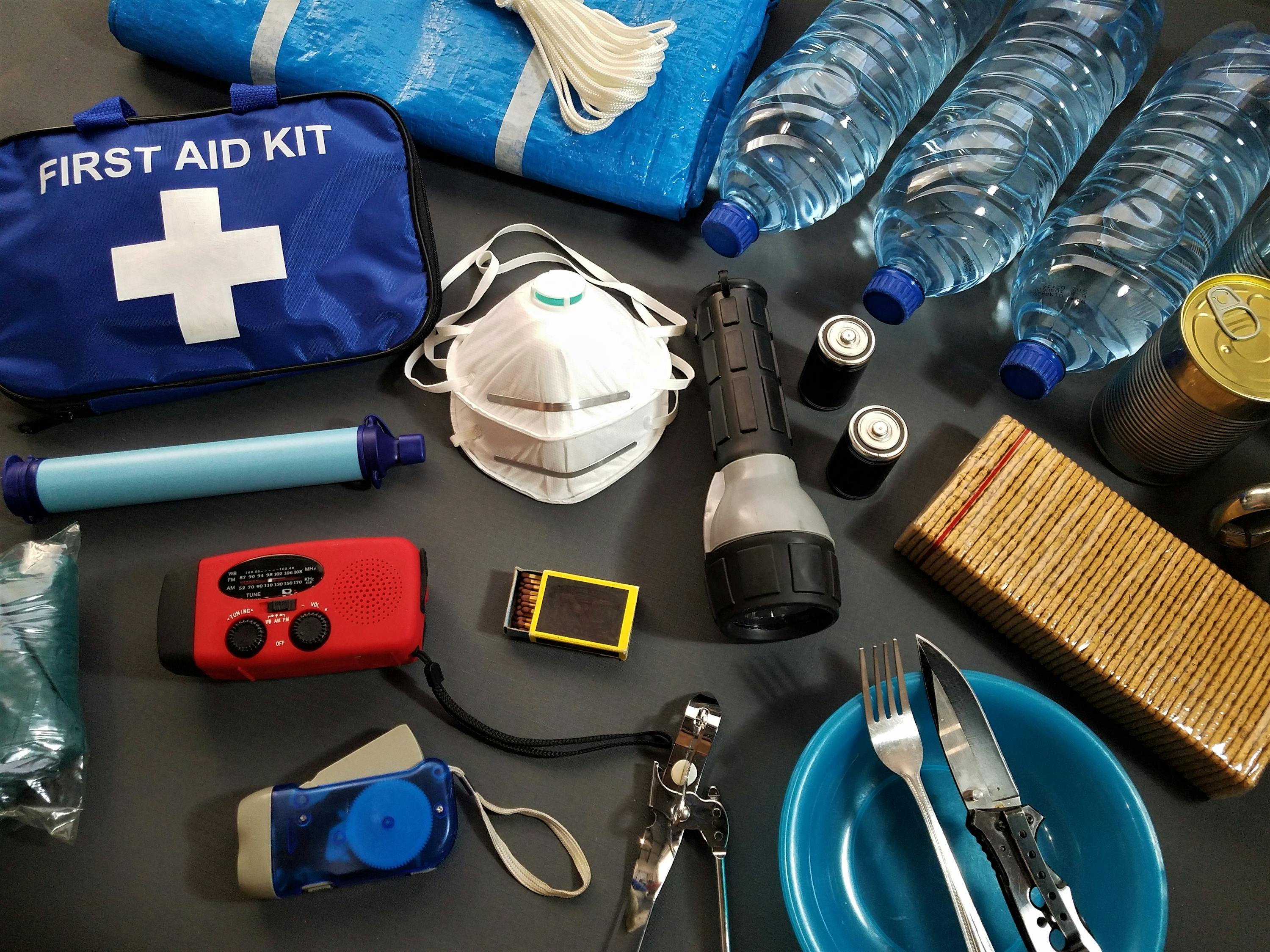
You may be the Iowan that likes to go out on their front porch when a storm is brewing. Unfortunately, lighting can travel up to 10 miles so it is safest to seek shelter if you can hear thunder in your area. It is also important to keep up with the local news stations during a storm.
Installing ground fault circuit interrupters (GFCIs) where there is access to water could keep you from getting shocked. GFCIs detect dangerous electrical situations and can turn off the power source to those locations before someone gets hurt. You can also purchase a portable GFCI and keep it in your storm readiness kit as well. Bathrooms, kitchen, laundry areas, or the basement are the most likely places to have dangerous electrical situations occur.
In the event that the electricity does go out during a storm, unplug all of your large appliances and turn off most of your switches that were in use. Leaving one switch or lamp on can help you to know when the power turns back on, while turning off and unplugging the rest can help you to not overload your circuits as the power works hard to restore itself.
The Aftermath
In the event that someone around you gets electrocuted, first make sure that the person is no longer in contact with the electrical source before you touch them. If they are still in contact with the source, you can use a non-conductor such as cardboard, wood, or plastic to move the source away from the two of you. Only do this if you are able to do this safely. Electrocution may cause internal injuries that you may not be able to see, so always make sure that the individual sees a doctor.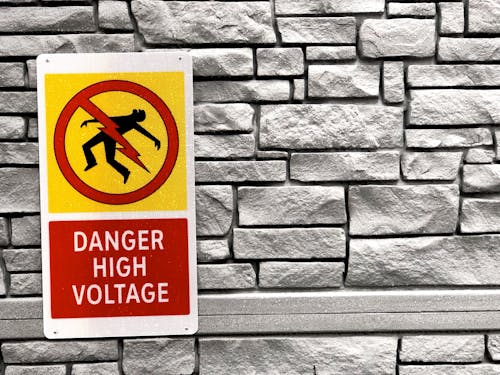
If a powerline falls on your car in a storm or if you come along a fallen powerline, you should stay in your vehicle and avoid it at all times. Calling a local utility company is always the safest option so they can come and address the powerline as soon as possible. Assume that all wires are “hot” after a storm and avoid them. The only circumstance where you should leave your car, if it is in contact with an electrical wire, is if the car starts on fire. When you leave, make sure to jump out so that no part of your body is touching the car and the ground at the same time or you risk being shocked.
It’s always safest to assume all traffic lights are down and come to all intersections with caution after a storm.
Do not ever try and turn off your electricity if you have to be in any water to do so. Also, don’t enter your basement if it has flooded and the water is covering any electrical outlets, cords, or appliances.
You’ve Got This!
I hope this info was helpful to you and that you all have a fun and safe Springtime!
